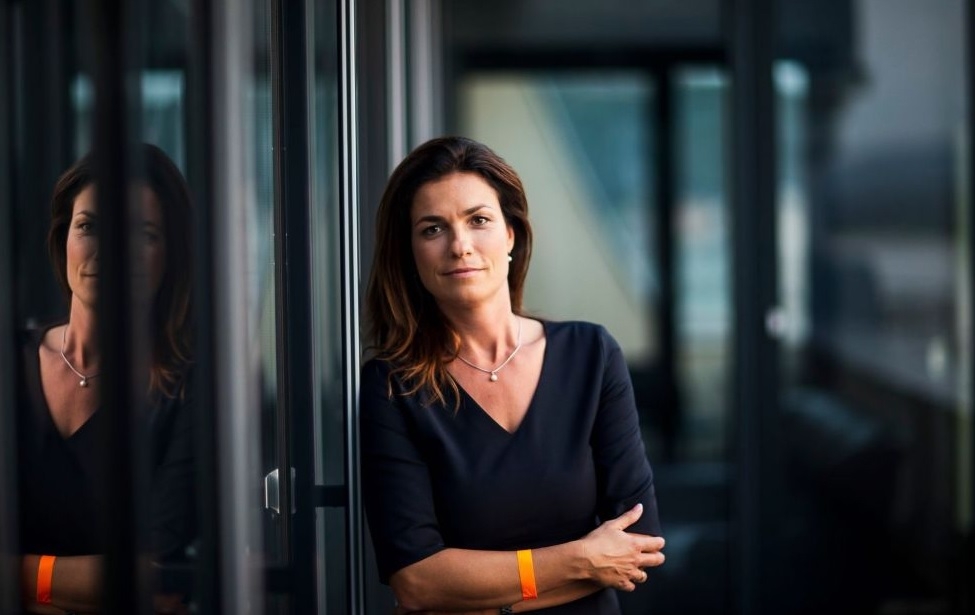The European Commission ignored the detailed summaries, data and comparative analyses sent by Hungary in its report on the state of the rule of law, the Hungarian justice minister wrote on her Facebook page.
Justice Minister Judit Varga reminded that in her interview on Friday, Vice President Vera Jourova rejected Hungarian criticisms of the European Commission’s report on the rule of law.
In an interview with the liberal daily Hospodarske noviny, Vera Jourova said that she did not agree with Justice Minister Judit Varga’s assessment of the report that the criteria for the section on Hungary were not objective. However, the minister reminded again on Saturday, the report quotes the position of 12 non-governmental organisations 14 times, while 11 of the 12 organisations have recently received financial support from George Soros’s Open Society Foundations.
Ms Varga also noted that the main partners and sources of the Commission in preparing the reports were ministries, prosecutors’ offices and other public institutions in the case of all member states. In this regard, Vera Jourova said that the rule of law report on Hungary was compiled not only on the basis of information from Hungarian opposition organisations, but also with the help of state bodies, ministries and prosecutors’ offices.
“On the other hand, the reality is that the Commission has ignored the detailed summaries, comparative analyzes sent by Hungary with noble simplicity,” Ms Varga stated in her Facebook post.
Asked about her relationship with George Soros, Ms Jourova said she rejected the assumption and that was all she could say about it.
“In order to place the interview on a scale of independence and objectivity,” Hungarian State Secretary for International Communication and Relations Zoltan Kovacs drew attention to the fact that Hospodarske noviny is published by Economia, a publishing company owned by Zdenek Bakala, who has recently offered a grant of 200,000 euros to Telex, the new portal of those who left the Hungarian opposition news portal Index.
Bakala is also called the “Czech Soros” and was the initiator of the creation of the Aspen Institute’s Eastern European section, where politicians, journalists and fake-civilians are trained by Soros, Mr Kovacs wrote. Several Hungarian leftist figures also took part in the training.
The Hungarian state secretary also noted that in fact, Vera Jourova does not represent the Czech Republic, the Czechs, the Europeans, the European Commission, but George Soros.
The statements of European Commission VP for Values and Transparency Vera Jourova criticising Hungary are of no effect on the Hungarian – Czech relations, the foreign minister pointed out in an interview with Czech daily Lidove Noviny, in connection with Ms Jourova criticising Hungary several times in the past weeks.
“I would like to underline that we take Vera Jourova’s words as a statement of the Vice President of the European Commission. We do not identify Ms Jourova either with the Czech Republic or the Czech government,” Hungarian FM Peter Szijjarto said during his Monday visit to Prague, in an interview with the Czech conservative daily’s chief editor, Istvan Leko.
“This case has no effect of any extent or any form on our excellent bilateral relations,” the foreign minister stressed.
He stated that Ms Jourova said rough words that are far beyond acceptable.
“Calling Hungarian democracy ill? This goes beyond all bounds!” Mr Szijjarto stated. He also pointed out that Ms Jourova only used liberal opposition sources and “completely ignored facts.”
It is time for the spirit of civilised dialogue and mutual respect to return to Brussels. Hungarian foreign policy is based on mutual respect, Mr Szijjarto added.
“Hungary has a thousand-year-old statehood, we expect respect towards ourselves and, of course, we give respect to others as well. Brussels, however, has not given this respect to the Hungarian nation in the past one-two years,” Mr Szijjarto said.
In the interview, the foreign minister opined that with the political attacks Brussels tries to punish Hungary for its stance in migration issues.

